Our DIY sustainability series shares simple suggestions and fun activities to help you increase sustainability in your daily life.
Created for UQ Sustainability Week and beyond, the concept was first launched during the Covid-19 pandemic as a way to help students, staff and members of the general public connect at a time when in-person events were difficult to organise.
However, the idea of increasing sustainability at home was popular, and so we have now officially incorporated DIY sustainability into our annual Sustainability Week program. But, there's no need to wait for the next event - you can tackle these topics anytime!
The series focuses on the areas we know matter most to you, such as food, waste and transport. Each topic contains simple steps and ideas for how you can make a difference by implementing small changes in your own habits and behaviours.
Explore our DIY sustainability topics below.
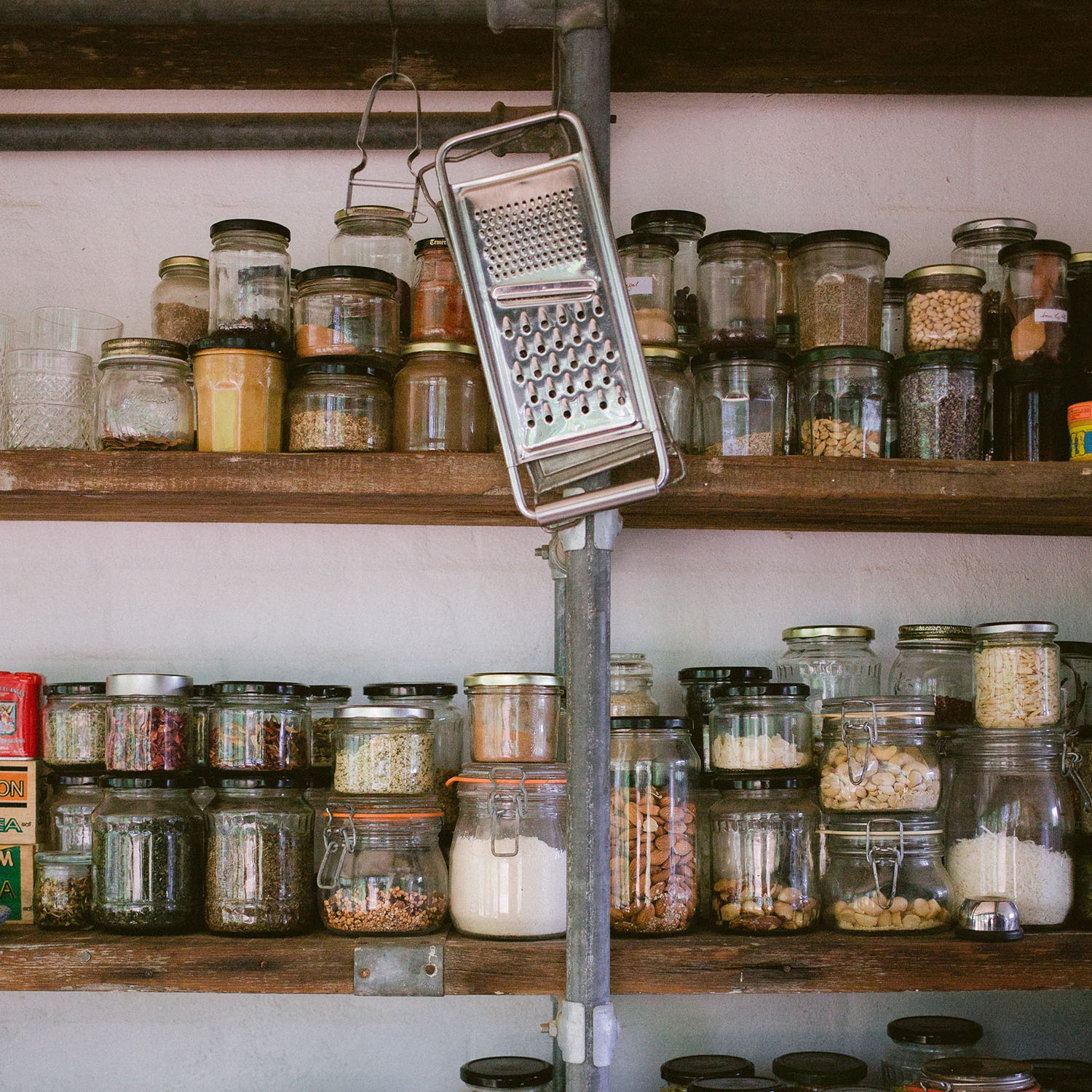 Pantry audit
Pantry audit
Imagine buying five bags of groceries and throwing one straight in the bin. Every week.
That’s the equivalent rate at which food is wasted in Australia, according to the National Food Waste Strategy Feasibility Study. It equals more than 300kg per person per year, costed at around $2,500 per household. You can help with a pantry audit.
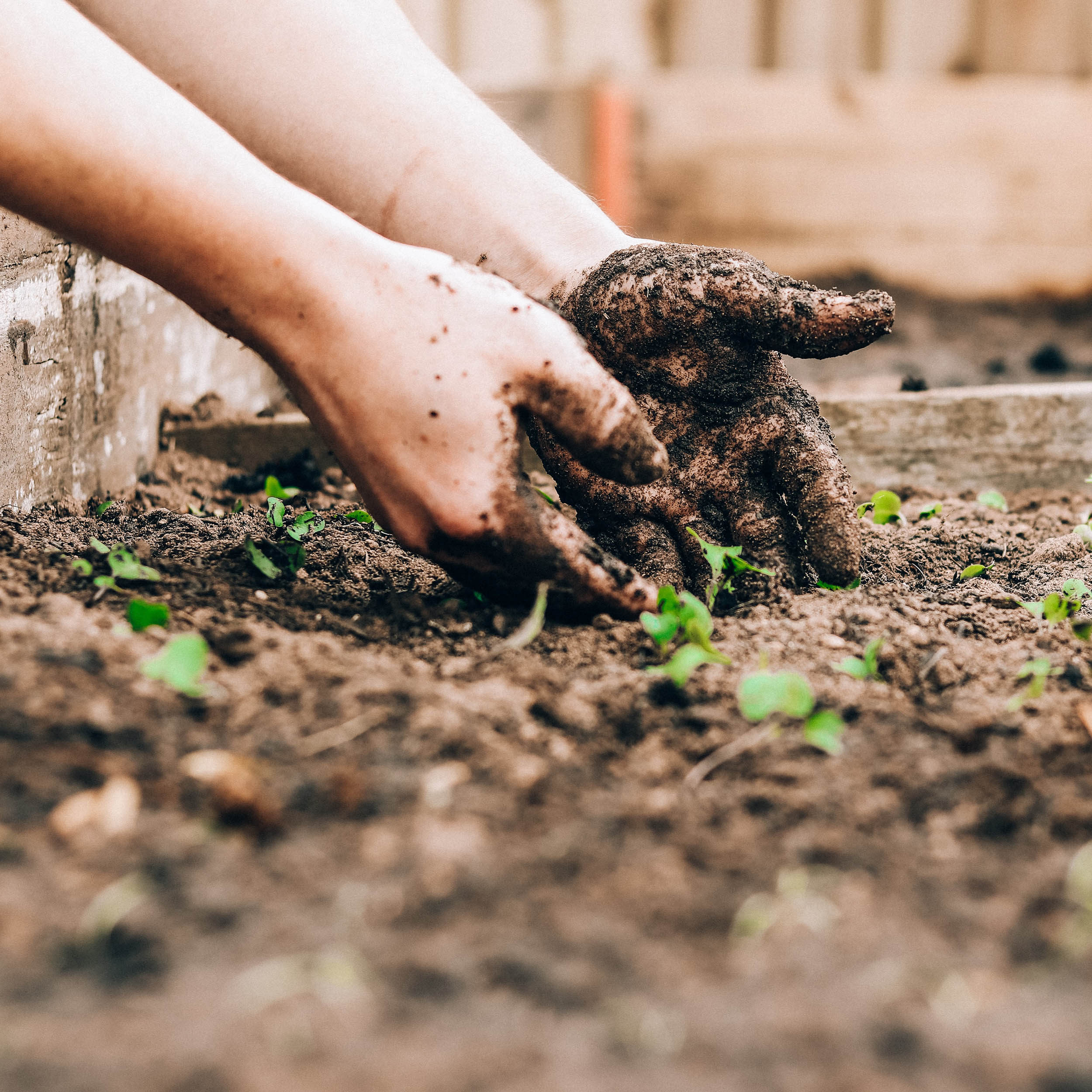 Home herb garden
Home herb garden
A home herb garden can help you to restore ecosystems, improve biodiversity, save money and have fresher produce at home. Growing your own garden is one of the best ways you can positively impact your carbon footprint.
Numerous studies have also shown that gardening is good for your physical and mental health. Why not start today!
Explore home herbs in 5 steps.
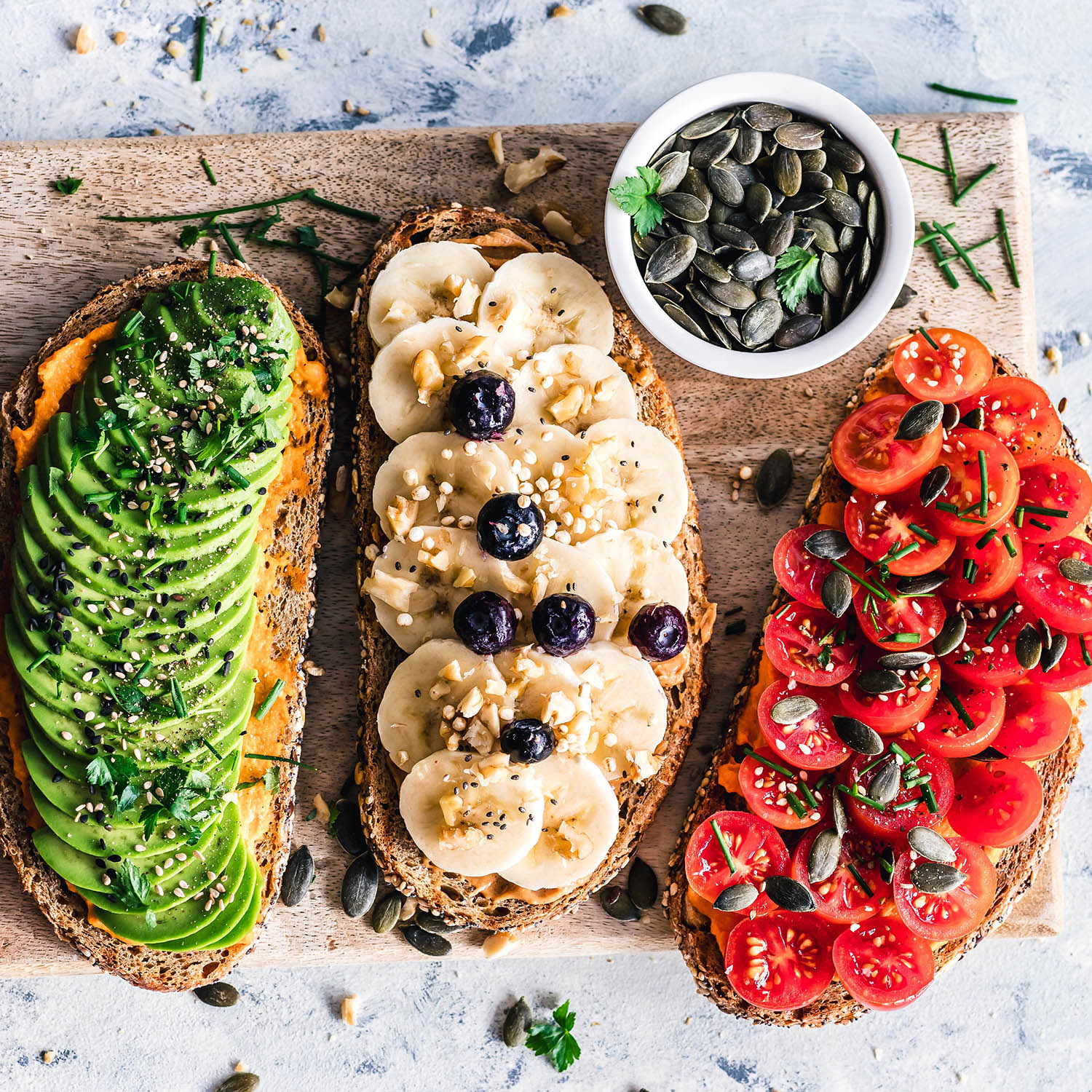 Veg and vegan food
Veg and vegan food
Many scientists and sustainability leaders suggest reducing your meat intake is an effective way to lower your personal carbon footprint.
Vegetarian or vegan eating doesn’t have to be ‘all or nothing’. Incorporating one regular vegetarian day per week would reduce your individual food-related greenhouse gas emissions by around 20%, based on some data estimates.
Explore veg and vegan food in 5 steps.
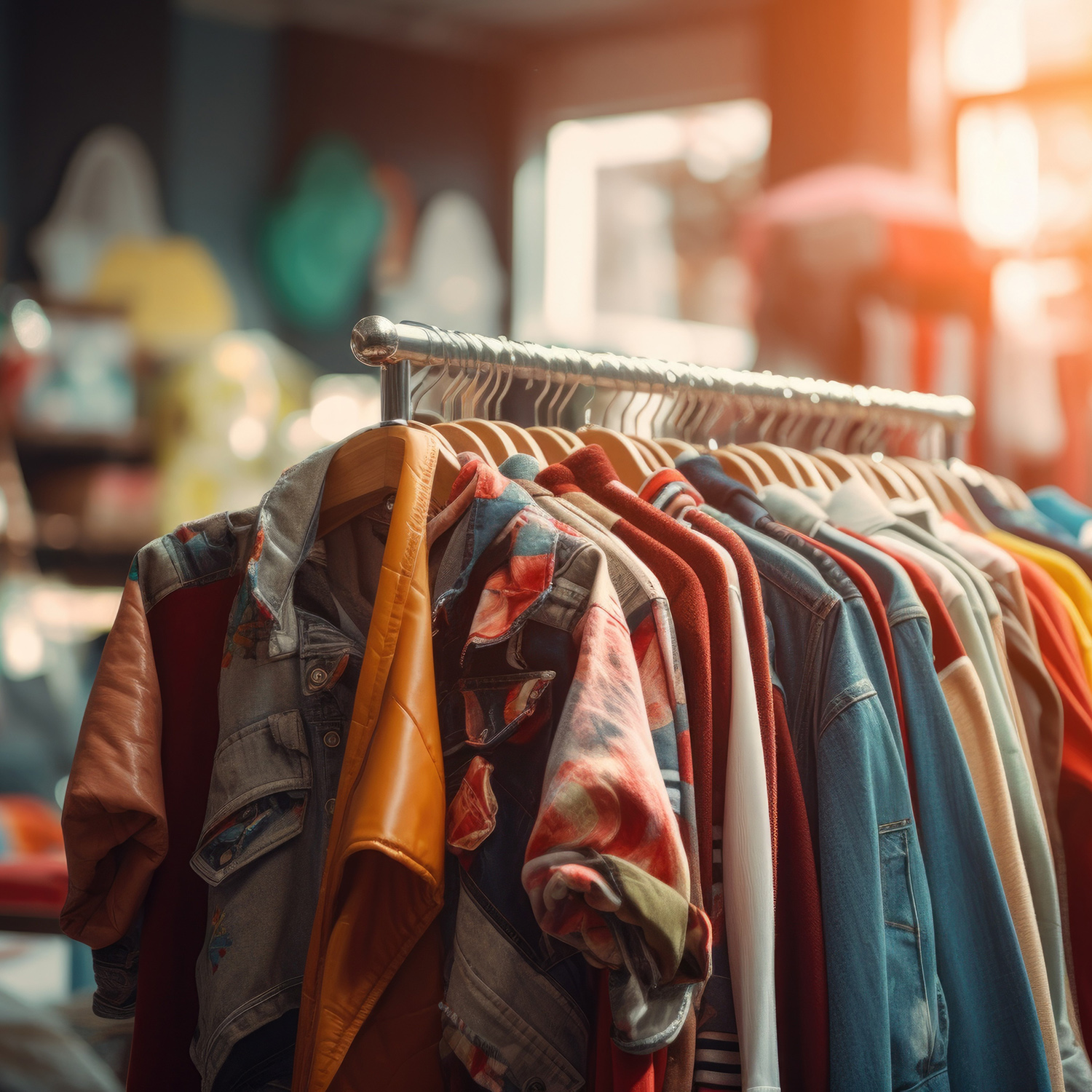 Waste-less wardrobe
Waste-less wardrobe
Our wardrobes are usually a good reflection of our personal style. But what about our environmental values?
Achieving a waste-less wardrobe may be as simple as thinking about your current habits – and then thinking about how you may be able to change them. We’ve shared a few simple ideas.
Explore a waste-less wardrobe in 5 steps.
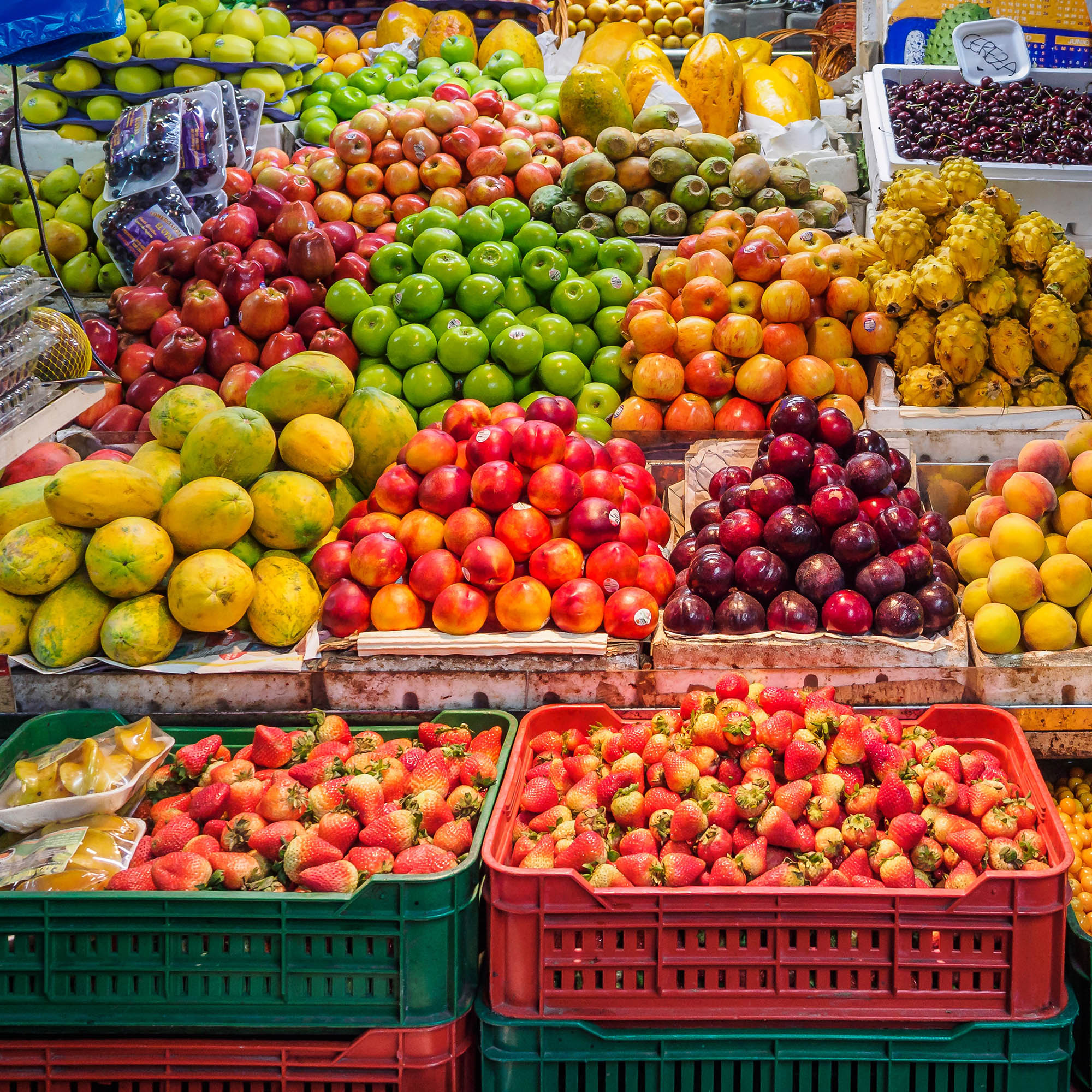 Zero waste audit
Zero waste audit
The average Queensland household generates around 515kg of waste each year, according to Queensland Government waste data. An audit can help you to understand more about your own personal waste patterns.
You might like to consider conducting your home waste audit over a few weeks so that you can carefully track your patterns and establish a baseline of data for your household.
Try our zero waste audit in 5 steps.
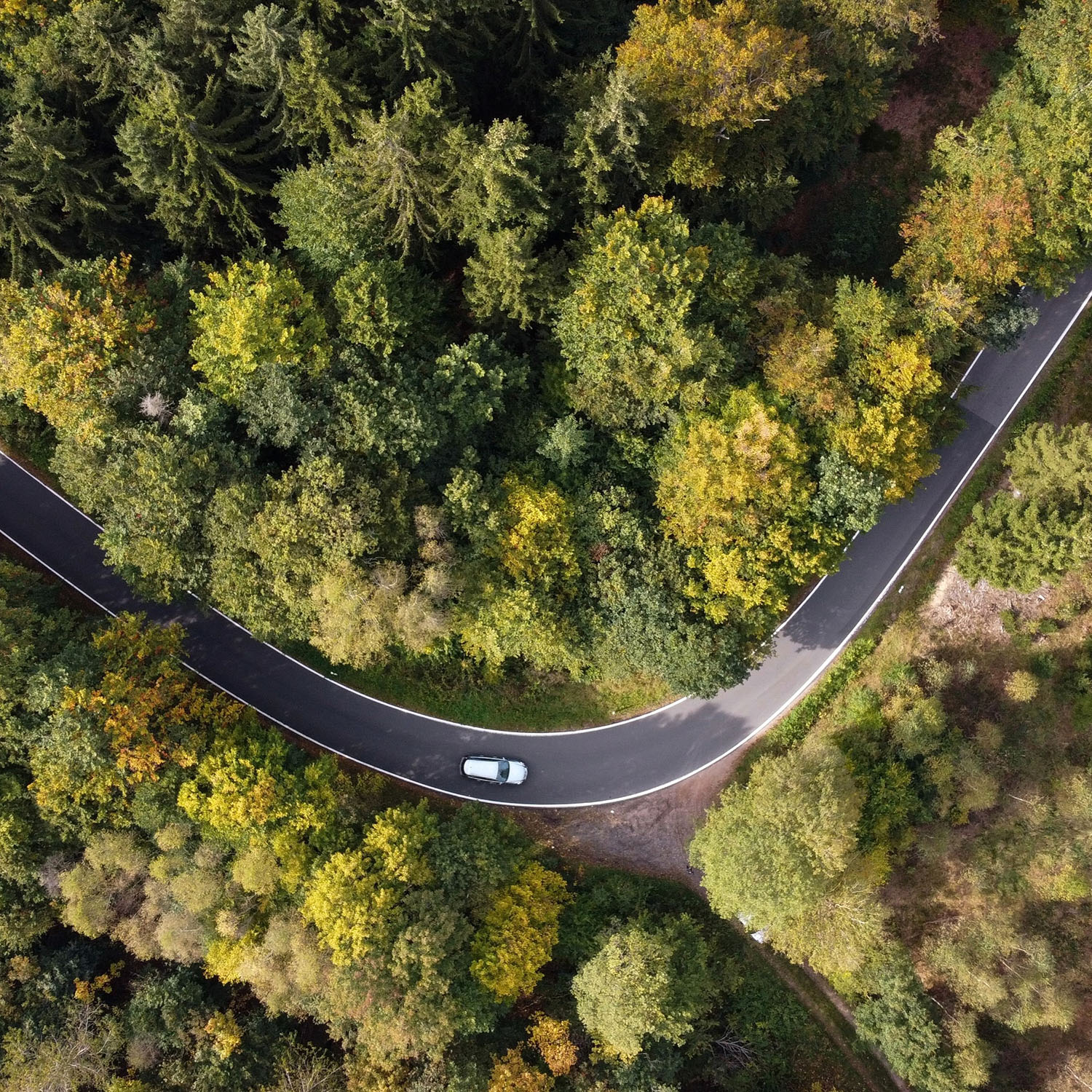 Count your carbon footprint
Count your carbon footprint
Understanding your carbon footprint can help you to reduce your personal emissions. The process can take just 5 - 10 minutes using an online calculator to enter a few bits and pieces of information about your daily life and food, transport and energy consumption.
But it’s important to understand what is and isn’t counted, and how the methodology works behind the calculation.
Count your carbon footprint in 5 steps.
 Cut your commuting emissions
Cut your commuting emissions
Making more sustainable transport choices when it comes to the daily commute not only helps to reduce your personal emissions, it also promotes health and wellbeing and contributes to many other sustainability outcomes.
Whether you're taking public transport, getting active, using electric solutions or even just optimising your travel routes, your travel changes can have a big impact.
Cut your commuting emissions in 5 steps.
 Better buying habits
Better buying habits
The everyday products we buy can have a big impact on our environment, health and communities. Being aware of your buying habits can help you to make more sustainable choices and deliver a better outcome for you and the planet.
Consider product lifecycles, ethical shopping, single-use plastics and more with our top tips.
